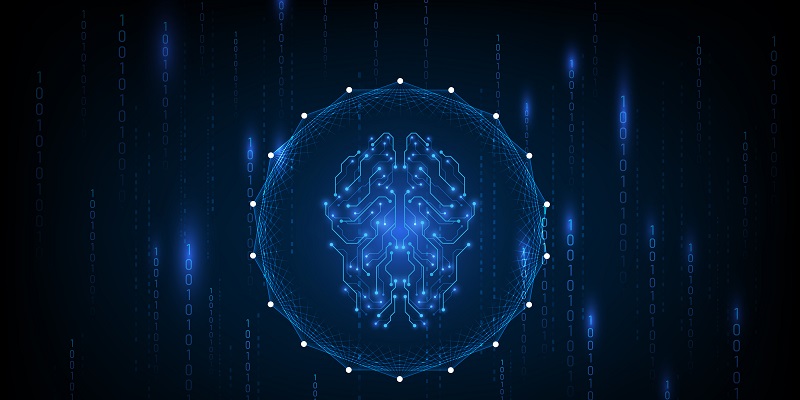Artificial Intelligence (AI) and Machine Learning (ML) are two terms that have been gaining a lot of attention in recent years. AI refers to the development of computer systems that can perform tasks that normally require human intelligence, such as visual perception, speech recognition, decision-making, and language translation. On the other hand, ML is a type of AI that allows computer systems to learn and adapt from data without being explicitly programmed. By analyzing large datasets and recognizing patterns, machine learning algorithms can make predictions about future outcomes, perform tasks more efficiently, and even identify new insights that humans might miss. In this article, we will explore the world of AI and ML and uncover their immense potential.
Understanding Machine Learning
Machine learning is a subset of AI that involves the use of algorithms to teach computers how to learn from data. Unlike traditional programming, where rules are set by the programmer, machine learning involves training computers on large datasets to automatically learn and improve over time. There are three main types of machine learning:
1. Supervised Machine Learning:
This type of machine learning involves feeding a computer with a labeled dataset. The algorithm learns by identifying patterns within the data that are associated with the given labels. Once trained, the algorithm can classify new data based on the learned patterns. This type of machine learning is commonly used for tasks such as speech recognition, image classification, and sentiment analysis.
2. Unsupervised Machine Learning:
This type of machine learning involves feeding an unlabeled dataset into a computer. The algorithm learns by identifying patterns and associations within the data without any prior knowledge of the labels. This type of machine learning is commonly used for tasks such as clustering, anomaly detection, and data visualization.
3. Reinforcement Machine Learning
Reinforcement Machine Learning is a type of machine learning that involves training a computer to make decisions based on reinforced feedback. The algorithm learns by receiving feedback from the environment and adjusting its actions to maximize a reward function. This type of machine learning is commonly used for tasks such as game-playing, robotics, and business strategy.
The process of machine learning algorithms involves several steps
The first step in machine learning is to collect and prepare data. This involves selecting and preparing datasets that are suitable for the specific task.
The second step in machine learning is data preprocessing. It involves transforming raw data into a format that can be used by machine learning algorithms. This step may include cleaning, transforming, and reducing the dimensionality of the data.
The third step in machine learning is training and validation. This involves splitting the dataset into training and validation sets. The algorithm is trained on the training set and evaluated on the validation set to prevent overfitting.
The final step in machine learning is testing. This involves testing the trained algorithm on new, unseen data to evaluate its accuracy and performance.
Benefits of AI and Machine Learning
AI and machine learning have several benefits, including:
1. Automation
AI can automate tedious and mundane tasks, freeing up time for more complex tasks. This can improve the overall efficiency of workflows, reduce costs, and enhance accuracy.
2. Accuracy
Machine learning algorithms can process and interpret data much faster than humans can, allowing for more accurate predictions. These predictions can be used to make data-driven decisions.
3. Improved Decision-Making
AI can analyze large amounts of data in real-time, providing insights that humans might miss. This can lead to better decision-making and improved outcomes.
4. Cost Reduction
AI can reduce costs by automating repetitive tasks and decreasing the need for manual labor.
Benefits of AI and Machine Learning in Industries
AI and machine learning have the potential to revolutionize various industries, including healthcare and finance.
AI can be used to identify patterns in medical data that may lead to earlier diagnosis and treatment of diseases. For example, machine learning algorithms can analyze electronic health records to identify risk factors for diseases, predict outcomes, and personalize treatment plans.
AI can help financial institutions identify suspicious activity more quickly, which can help prevent fraud. Additionally, machine learning algorithms can be used to predict stock prices, identify investment opportunities, and personalize financial advice.
In conclusion, the potential of AI and machine learning is truly remarkable. These technologies are having a profound impact on the way we live, work, and interact with each other. From automating tedious tasks to improving decision-making, AI and machine learning are poised to change the world as we know it. As we continue to develop and refine these technologies, we must also consider the ethical implications and ensure that they are used for the greater good.

